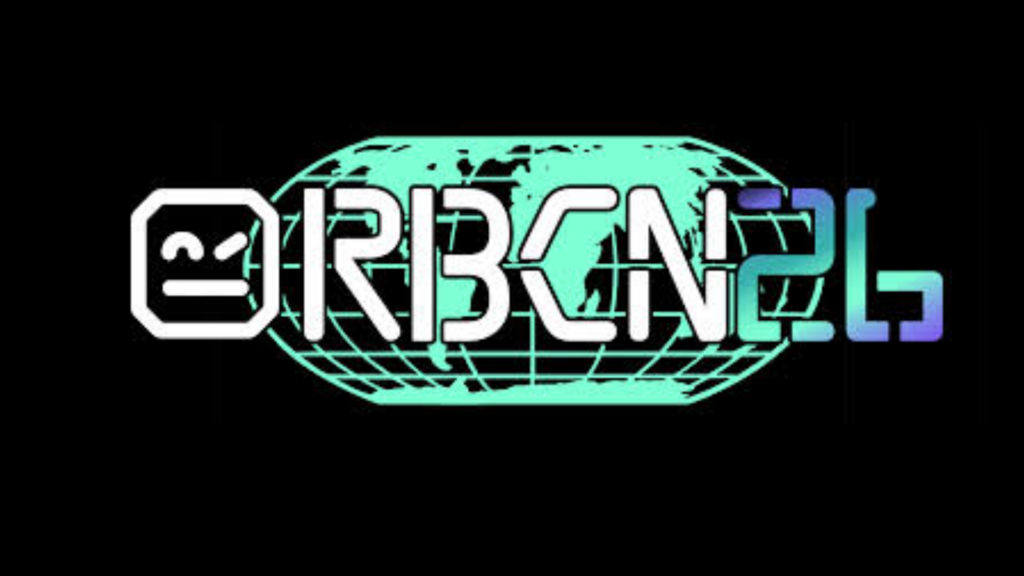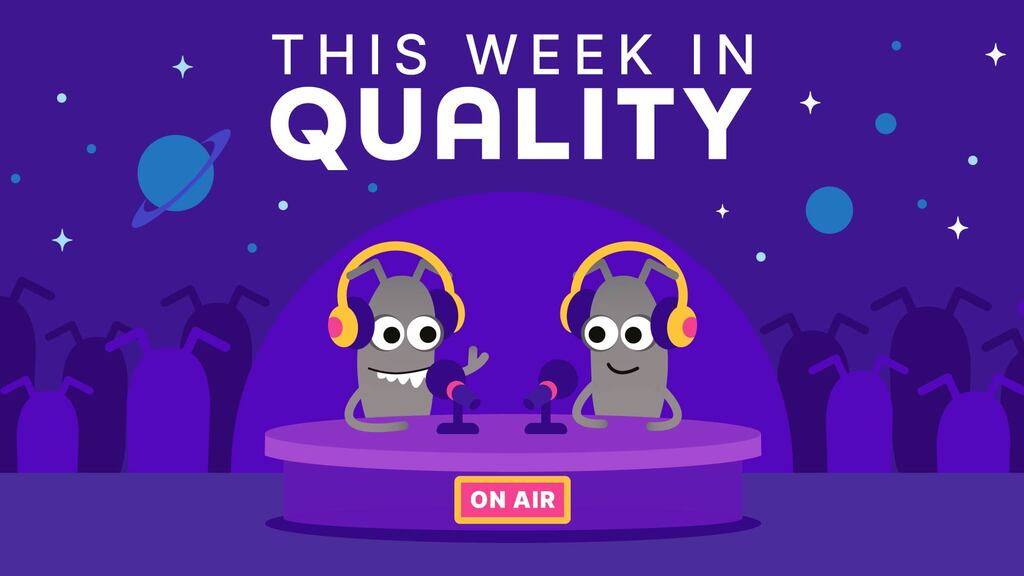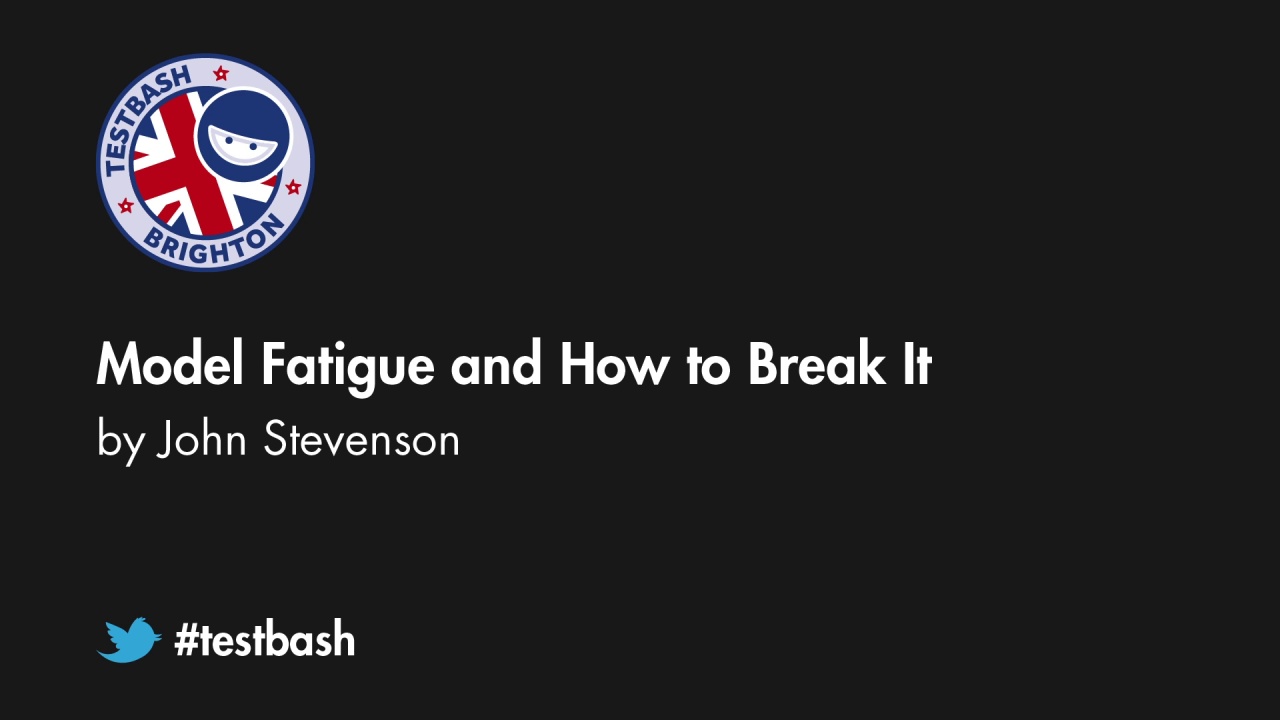Talk Description
Many of us are familiar with the various testing models from Rapid Software Testing for example FEW HICCUPPS and SFDPOT. These models have been used extensively with my teams for forming coverage maps and creating testing missions utilizing mind maps. However over the past few years I have noticed that templates have appeared with the same details and the same type of thinking or in some cases no thinking. To me many, including myself, have followed the path of least resistance and used what others have done without engaging our creativity. To try and resolved this I have over the last 9-10 months introduced some creativity models to try and overcome what I have come to call ‘Model Fatigue’. This experience report looks at these creativity models and discussed their success and failures.
Main points:
- Models can become stale
- We suffer model fatigue by not revisiting our models
- Creative models can help ‘refresh’ exiting testing ideas.
About John Stevenson
Having been involved in testing for over 20 years and within the IT industry for more than 25 years I am still surprised with how exciting I find it and how much I continue to learn about things that are new.
I have a passion for learning and love to learn about new things. I have an interest in many things such as social science, psychology, photography and gardening. I keep involved within the testing community and write a testing blog and can be found regularly tweeting.
I am keen to see what can be of benefit to software testing from outside the traditional channels and as such I like to explore different domains and see if there is anything that can be linked back to testing. I care about the testing community, like to be involved and like to be social.
I feel I have a wide variety of experience within testing and currently I am mentoring and training others in exploratory testing and SBTM whilst looking for opportunities to introduce approaches from other crafts such as anthropology, ethnographic research, design thinking, cognitive science and many others. I am currently writing a book about the psychology of software testing based upon my interests in psychology.
Suggested Content




